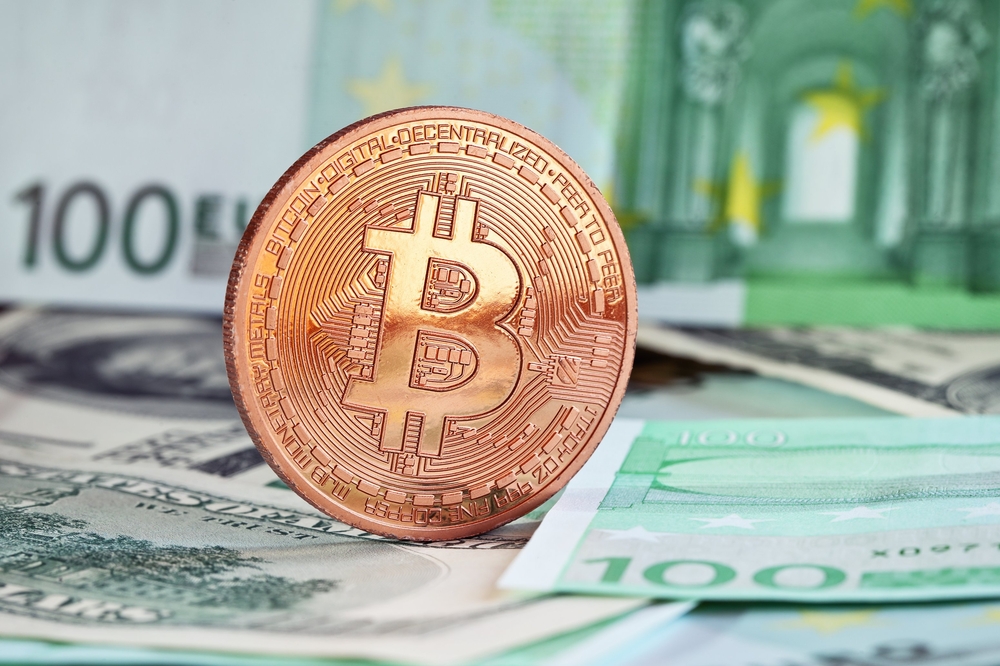Did €160,000 in Bitcoin Help Bust Counterfeit Euro Darknet Vendor?

Europol has revealed the arrests of members of a darknet-based counterfeit currency racket who received over €160,000 in Bitcoin (approx. $172,000).
In an announcement , today, Europol, the European Union’s primary law enforcement agency, revealed details of an investigation of a criminal group touted to “one of the biggest vendors of counterfeit euro currency online.” The vendor was active in different marketplaces, Europol added, with accomplices in the Naples area, in Italy.
The investigation revealed that the vendor was selling counterfeit 20, 50 and 100 euro notes on the Darknet for about 30% of their real Euro value, in exchange for bitcoin. Altogether, the group is estimated to have received over €160,000 in bitcoins.
These bitcoins were then sold to “a specialized exchanger in Malta” the announcement added, revealing no further details of the bitcoin buyer.

A total of eight suspects were arrested in the ensuing operation following the joint investigation between Europol and the Italian Guardia di Finanza, the country’s law enforcement agency. Arrests include the alleged vendor and leader of the group.
In statements, Wil van Gemert, Europol’s Deputy Director Operations said that bitcoin payments aren’t as anonymous as they are perceived to be.
Without revealing any details of how the investigation led to tracking and nabbing the counterfeiters, he stated:
The hidden services of the Darknet and Bitcoin payments can give sellers and buyers a false sense of anonymity. However, Europol and its partners are committed to investigating the “shadow” trade in illegal commodities, and to ensuring that these criminals are brought to justice.”
The sweeping operation saw law enforcement authorities from a number of countries contributing to the investigation, such as Austria, France, Germany, Spain and Sweden, to name a few. Further local investigations also revealed buyers from these countries, with hundreds of counterfeit euro buyers identified.
Europol had previously announced the establishment of a working group, along with Interpol in September, to tackle money laundering through digital currencies like bitcoin.
In November 2015, Europol had sought to hire interns with cryptocurrency experience and specialties. More specifically, someone with the “knowledge of anonymization and encryption tools that are abused by criminals” with an “elementary understanding of tracing and attribution of Bitcoin transactions.”
At a London conference last month, Bitcoin had been deemed “too transparent” by James Smith, CEO of Elliptic, a firm that specializes in surveillance and forensics of the bitcoin blockchain to provide intelligence to law enforcement agencies.
Images from Shutterstock.